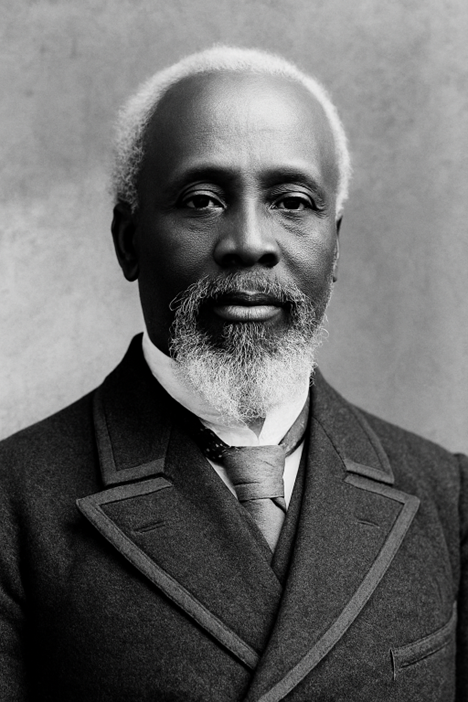
1850 - 1911
Joseph Antenor Firmin
Anthropologist and Politician
Joseph Auguste Anténor Firmin was born on October 18, 1850, in Cap-Haïtien, Haiti, into a modest family. Demonstrating academic prowess early on, he began teaching at 17 and later pursued law, becoming a licensed attorney by 1875. Firmin's intellectual journey led him to Paris, where he joined the Société d'Anthropologie de Paris. There, he confronted prevailing racist ideologies, notably challenging Arthur de Gobineau's assertions of racial hierarchy. In 1885, Firmin published his seminal work, De l'Égalité des Races Humaines (On the Equality of Human Races), a pioneering text in anthropology that argued for the inherent equality of all races. He posited that cultural and environmental factors, rather than biological determinism, shaped human societies. This work laid the groundwork for future anti-racist scholarship and influenced movements like Pan-Africanism. Beyond academia, Firmin was deeply involved in Haitian politics. He served as Minister of Finance and Foreign Affairs, implementing reforms that stabilized the nation's economy. His diplomatic acumen was evident when he, alongside Frederick Douglass, resisted U.S. attempts to establish a military base at Môle Saint-Nicolas. Firmin's vision extended to a unified Caribbean and Africa, advocating for solidarity among people of African descent. He was instrumental in organizing the First Pan-African Conference in 1900, promoting global Black unity. Despite facing political exile, Firmin remained committed to his ideals until his death on September 19, 1911, in Saint Thomas, Danish West Indies. Today, he is celebrated as a trailblazer who challenged scientific racism and championed equality, leaving an indelible mark on anthropology and civil rights discourse.
Key Achievements
- Published 'De l'Égalité des Races Humaines,' a pioneering text in anthropology
- Served as Minister of Finance and Foreign Affairs in Haiti
- Resisted U.S. attempts to establish a military base at Môle Saint-Nicolas
- Was instrumental in organizing the First Pan-African Conference in 1900